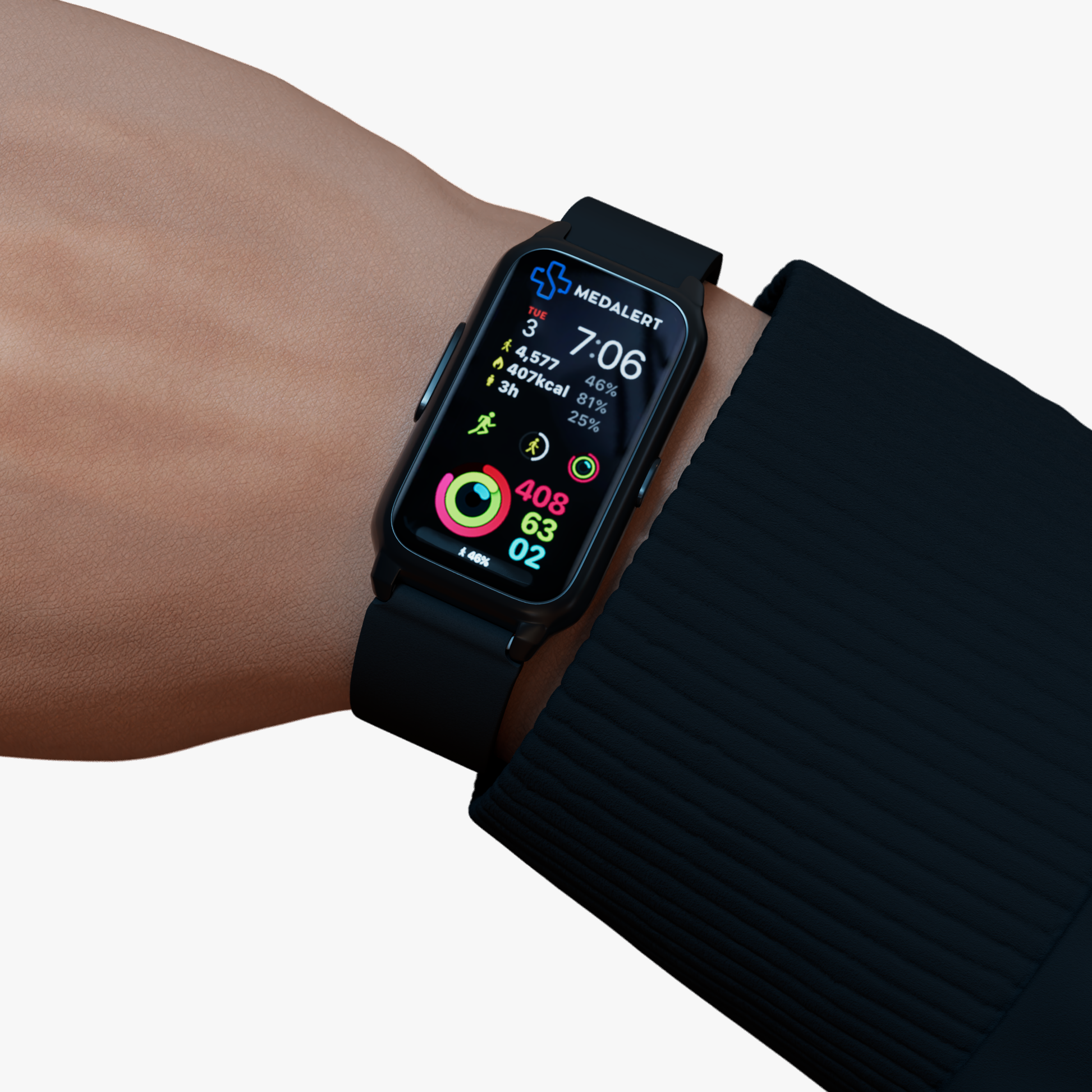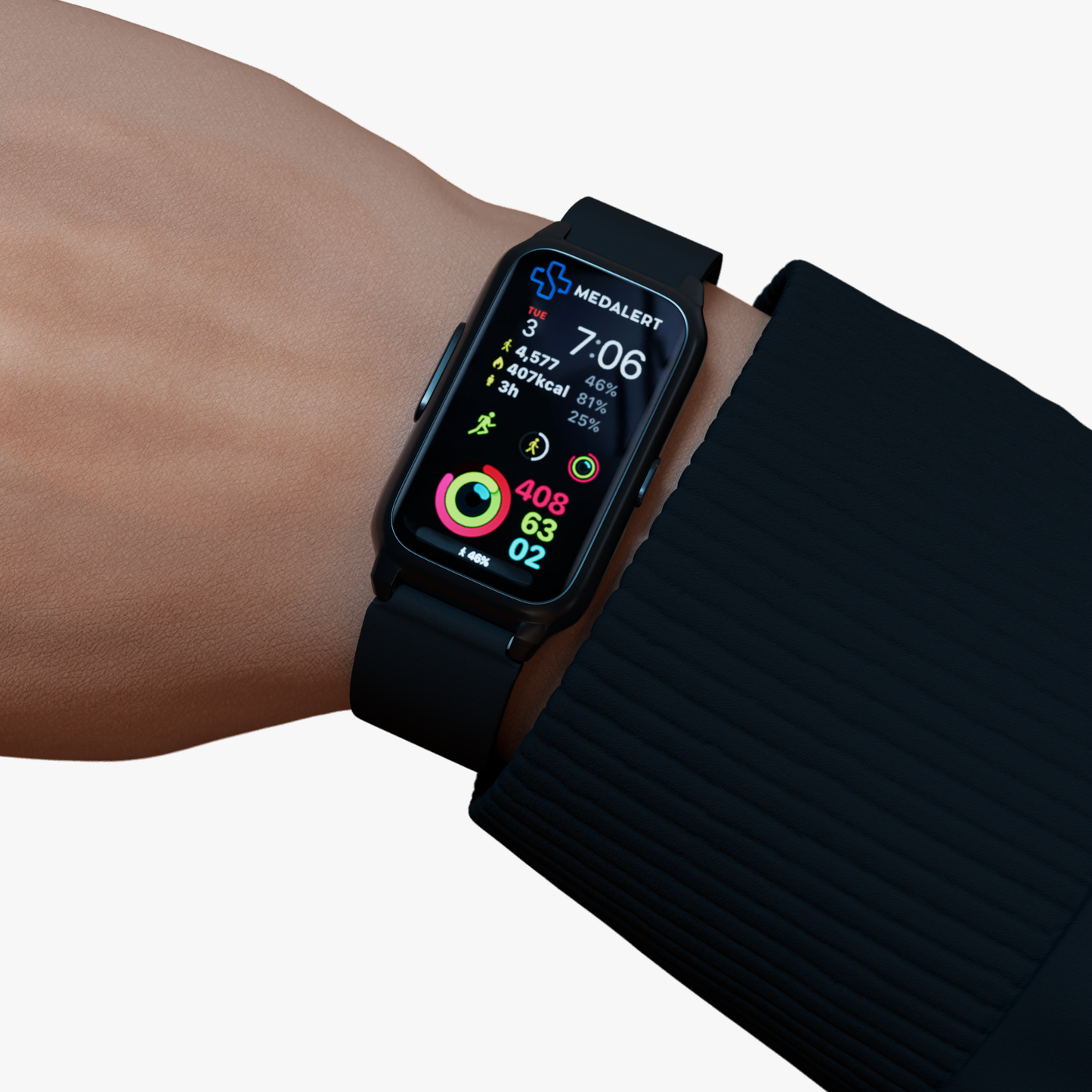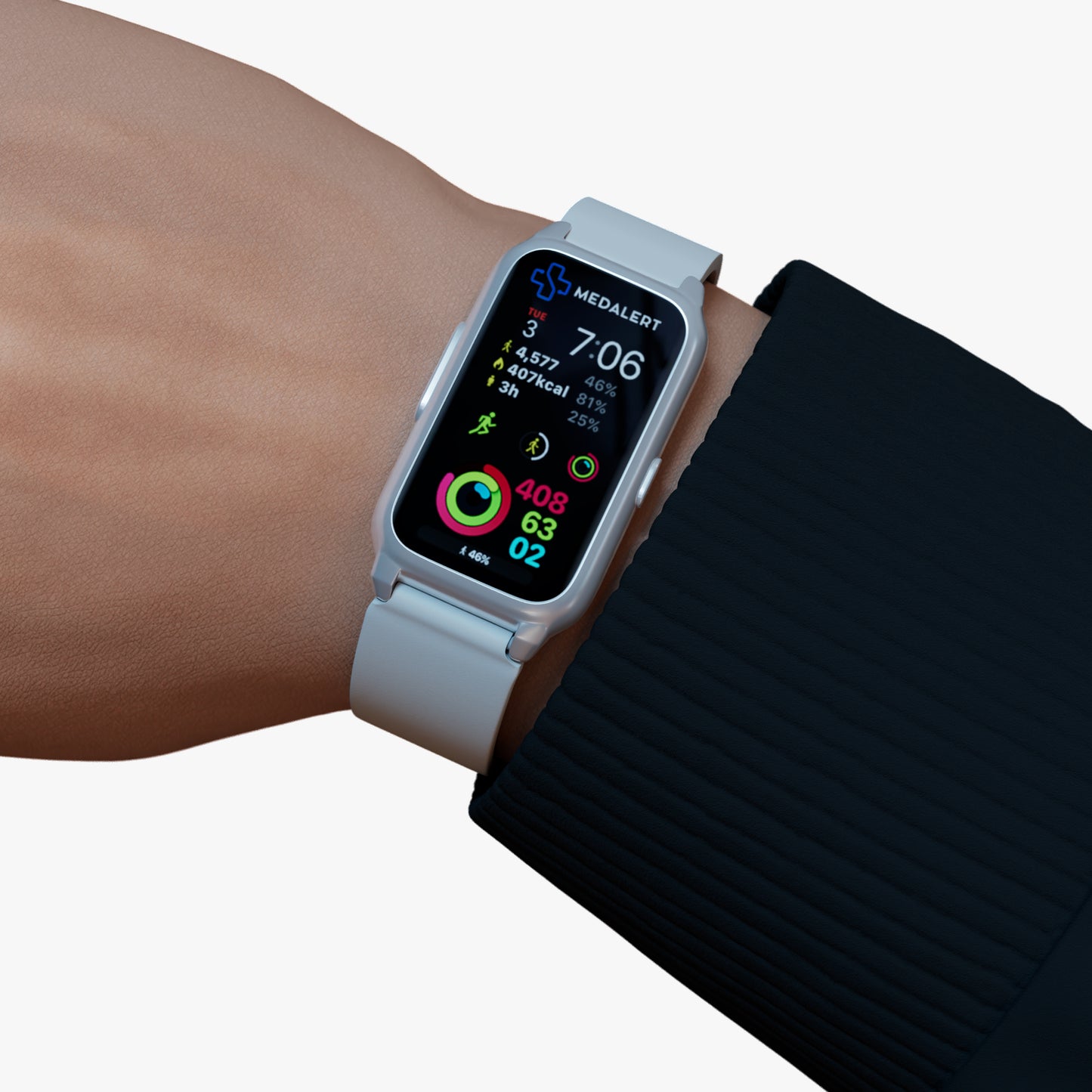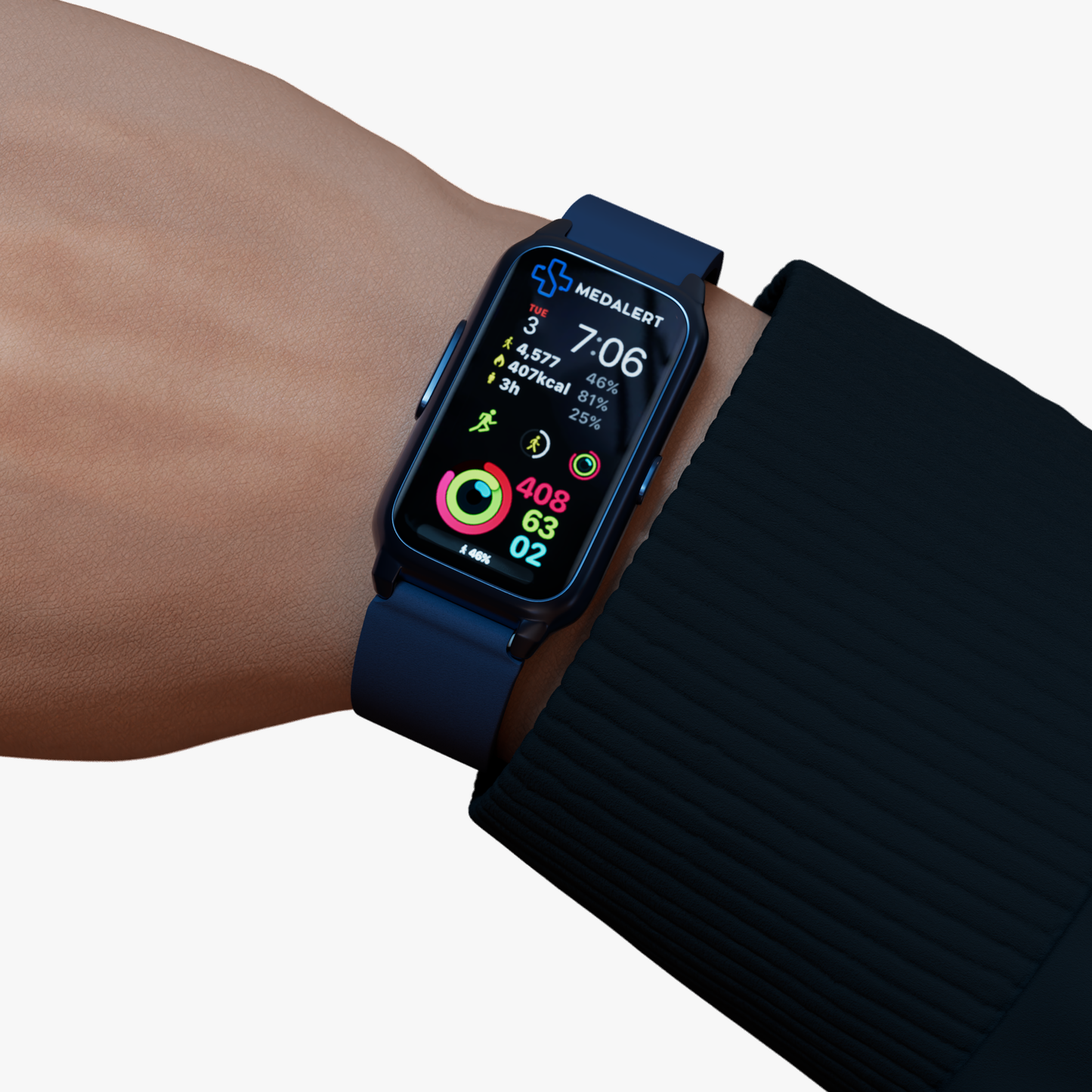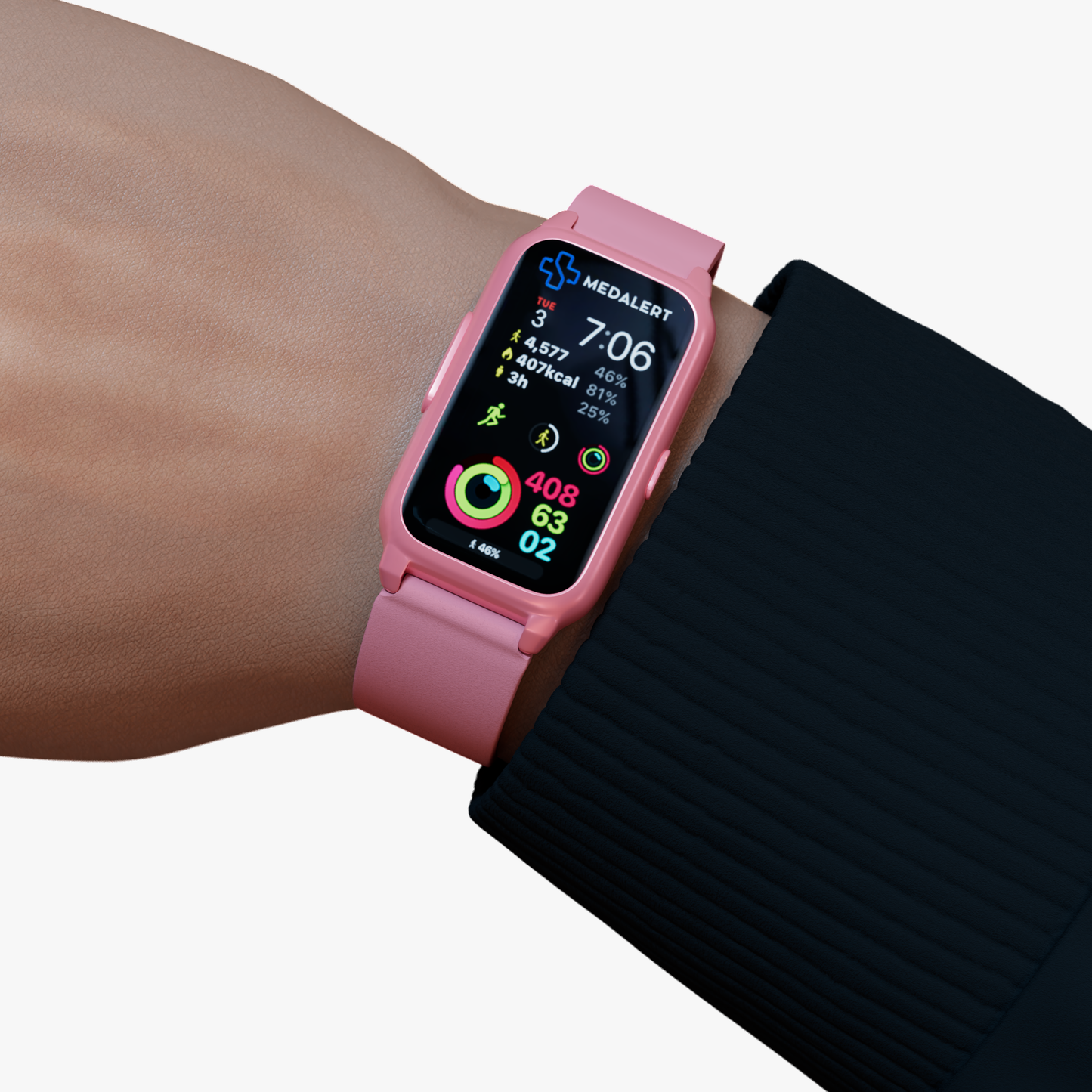A well-balanced and nutritious diet is essential to maintaining overall well-being for individuals of all ages, but it becomes increasingly important as we grow older. Senior citizens have unique nutritional needs that must be met to maintain optimal health, promote optimal physiological function, and support a high quality of life. As our loved ones age, it's crucial to ensure they receive the right nutrients in their diet, supporting their physical, emotional, and cognitive well-being.
MedAlert acknowledges the importance of nutrition in comprehensive senior care, as it greatly impacts their safety and well-being. By supplementing innovative safety solutions with a nutritious diet, seniors can better manage the challenges of ageing, maximising their independence and overall health.
This blog post will explore essential tips and strategies for promoting optimal nutrition among senior citizens. By delving into age-specific dietary requirements, the importance of hydration, and practical meal-planning ideas, we aim to provide a comprehensive guide to nutrition for seniors. Supporting loved ones through a balanced and healthy diet can pave the way for a vibrant and fulfilling life, where well-being is the central focus.
Age-specific Dietary Requirements: Nutrients Vital for Seniors
As individuals age, their nutritional requirements change due to physiological alterations, altered energy metabolism and potential health issues. To support optimal health, seniors should focus on certain nutrients that are vital for maintaining their well-being. Key nutrients for the elderly include:
- Calcium: Essential for maintaining bone health, calcium can be achieved through dairy products, green leafy vegetables, and fortified cereals.
- Vitamin D: Crucial for calcium absorption and bone health, vitamin D can be sourced through exposure to sunlight, fatty fish, and fortified products.
- Fibre: Supporting healthy digestion and preventing constipation, seniors should focus on consuming fibre-rich foods like whole grains, fruits, and vegetables.
- Omega-3 Fatty Acids: Essential for maintaining cognitive function and heart health, omega-3s can be found in fatty fish, nuts, and seeds.
By being mindful of these age-specific dietary requirements, seniors can tailor their meals to accommodate their unique nutritional needs.
Hydration: The Cornerstone of Health and Well-Being
Proper hydration is essential for all individuals, including seniors, as it contributes to optimal physiological function and overall well-being. Ageing can bring about changes in the body's ability to regulate thirst and retain water, making hydration even more important for the elderly. Hydration tips for seniors include:
- Aim for at least eight glasses of water per day: Encourage seniors to drink water regularly, even if they do not feel thirsty.
- Consume hydrating foods: Foods with high water content, such as fruits and vegetables, can help keep seniors hydrated.
- Monitor fluid loss: During hot weather or periods of increased activity, seniors should be encouraged to increase their fluid intake to make up for any losses.
By prioritising hydration, seniors can support their overall health, including digestion, circulation, and temperature regulation.
Practical Meal Planning Tips for Seniors
One challenge that seniors may face when trying to maintain a healthy diet is the stress of meal planning and preparation. Simplifying this process can support seniors in nourishing themselves effectively. Practical meal planning tips for the elderly include:
- Embrace meal prepping: Encourage seniors to prepare meals in advance, store them in portion-sized containers, and freeze or refrigerate for later use.
- Streamline grocery shopping: Opt for online grocery shopping or opt for smaller, more frequent shopping trips to make the process more manageable.
- Reliance on healthy convenience foods: Seniors can rely on pre-prepared salads, pre-cut fruits and vegetables, and pre-cooked proteins for quick and easy meal options.
With these practical strategies, seniors can create simple yet balanced meals to support their nutritional needs and overall health.
Shifting Appetite and Taste: Navigating Dietary Changes
As we age, shifts in appetite and taste are common, which can affect seniors' ability and desire to consume a balanced diet. Managing these changes is essential for maintaining nutritional well-being. Some tips for addressing appetite and taste changes include:
- Experiment with flavours: Seniors can try adding new herbs, spices and sauces to their meals to combat diminishing taste sensations or changes in preference.
- Opt for nutrient-dense options: When appetite decreases, focus on providing seniors with smaller meals that are rich in nutrients, like protein-packed smoothies or vegetable-based soups.
- Promote social dining experiences: Encourage seniors to share meals with family members or friends, as social engagement can stimulate appetite and enhance the enjoyment of food.
By addressing shifting appetites and taste preferences, seniors can ensure they receive the vital nutrients required for optimal health and well-being.
Conclusion
Nutrition plays a pivotal role in supporting the well-being and overall health of senior citizens. By focusing on age-specific dietary requirements, hydration, and strategies for meal planning, seniors can cultivate a well-rounded and balanced diet that sustains their vitality.
In conjunction with innovative safety solutions like MedAlert, a nutritious and tailored diet empowers seniors to lead healthier, happier lives. As caregivers and loved ones, it's essential to recognise the centrality of diet in senior care and to support the elderly in their journey towards a vibrant and fulfilling life. Check out MedAlert’s collection of personal safety devices for seniors to further enhance their safety and well-being. With the right combination of nutrition and safety measures, seniors can thrive and enjoy their golden years to the fullest.



